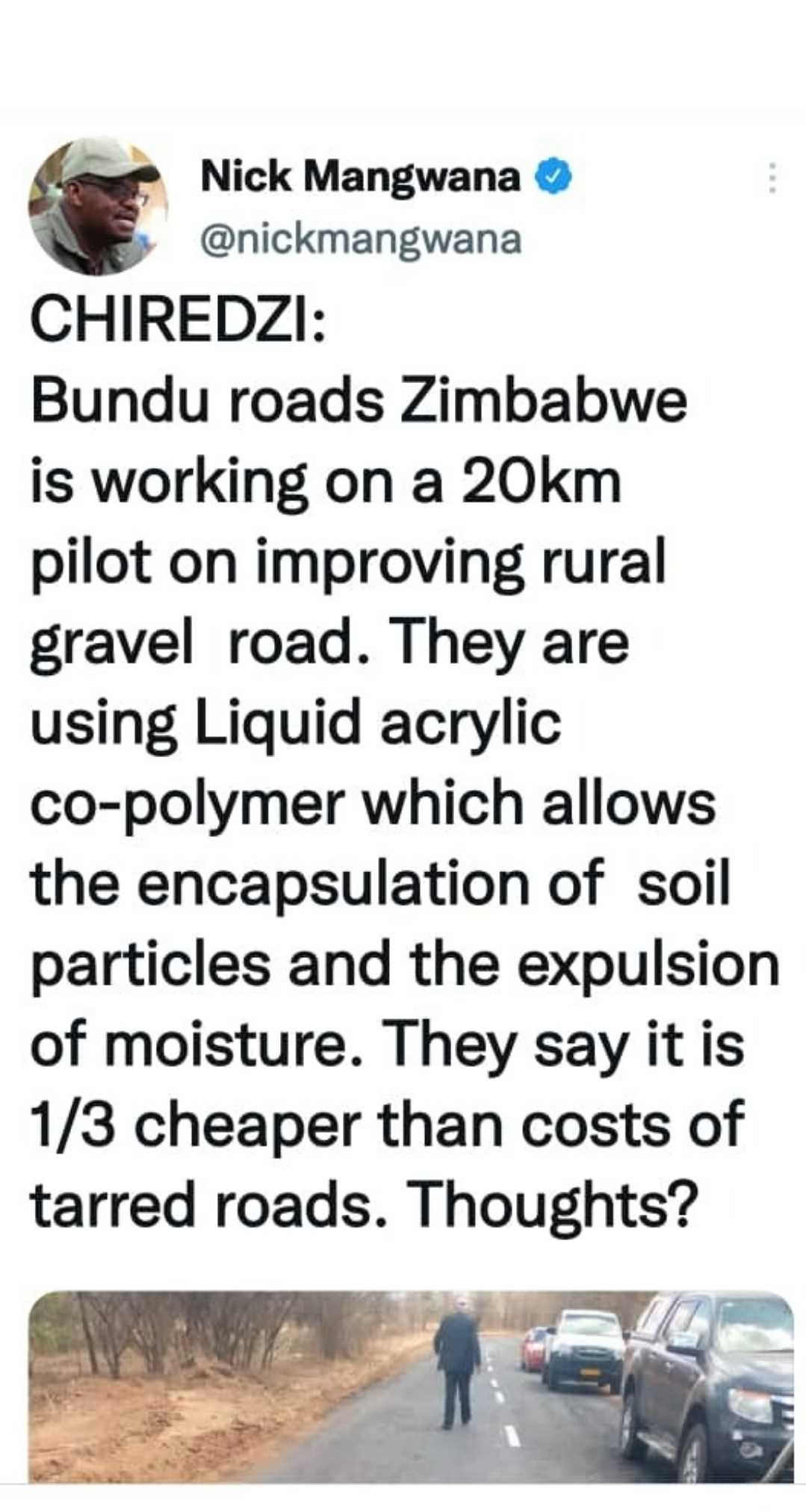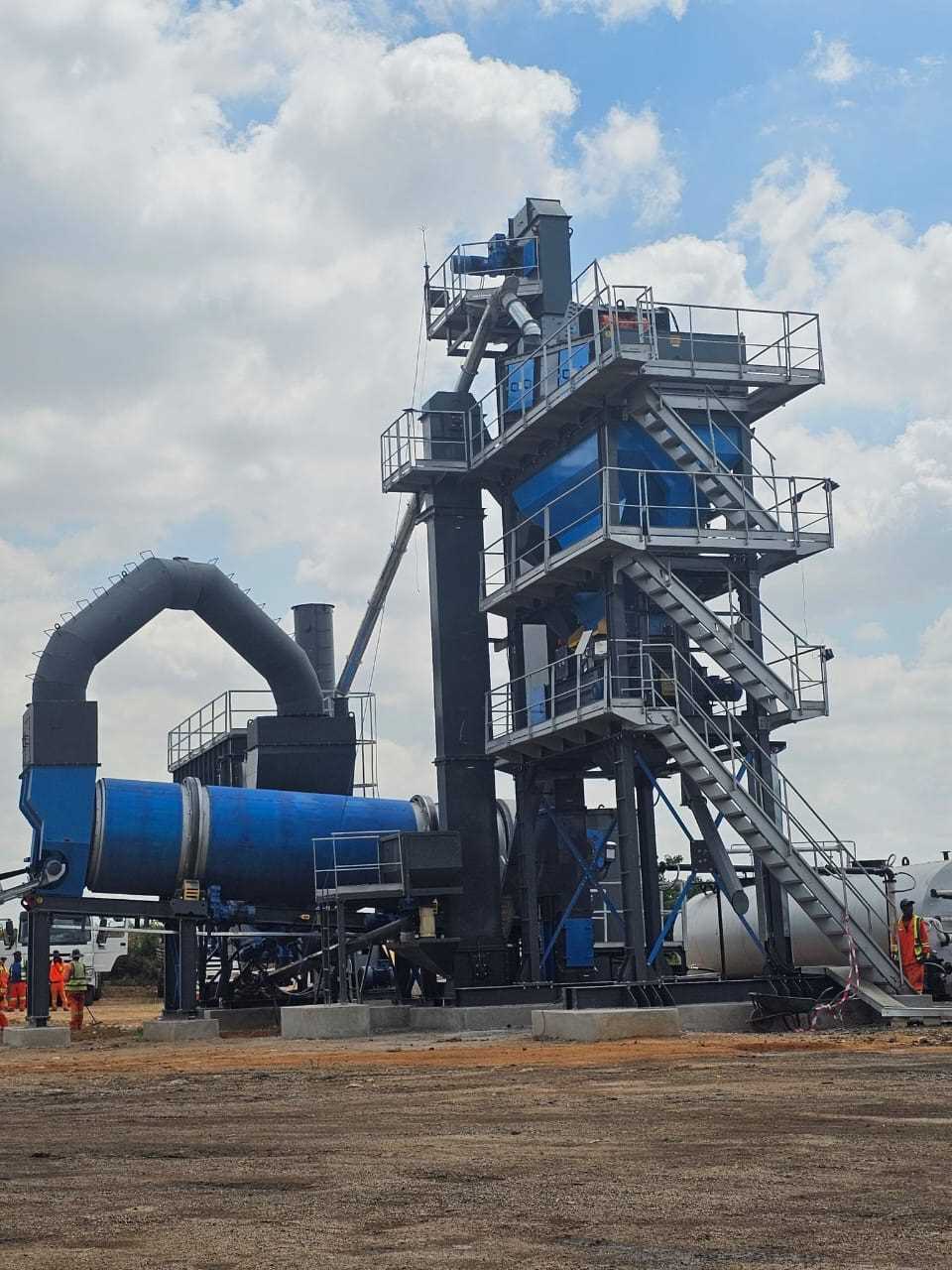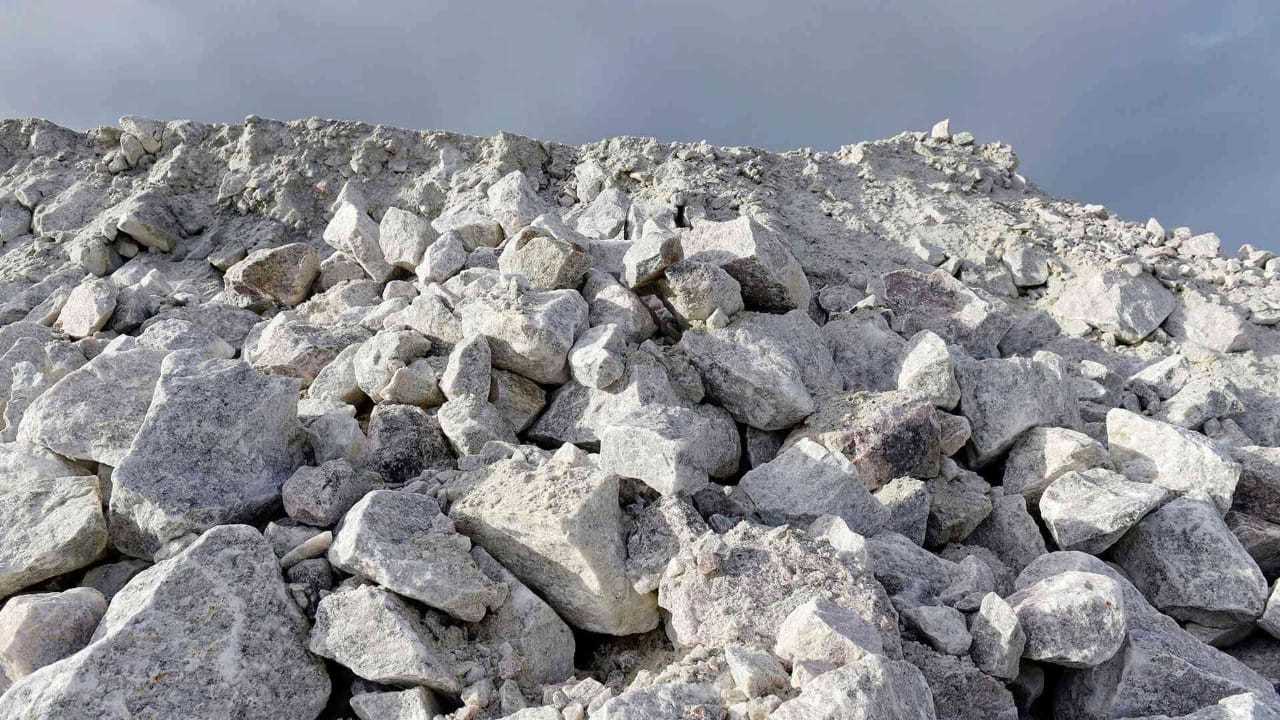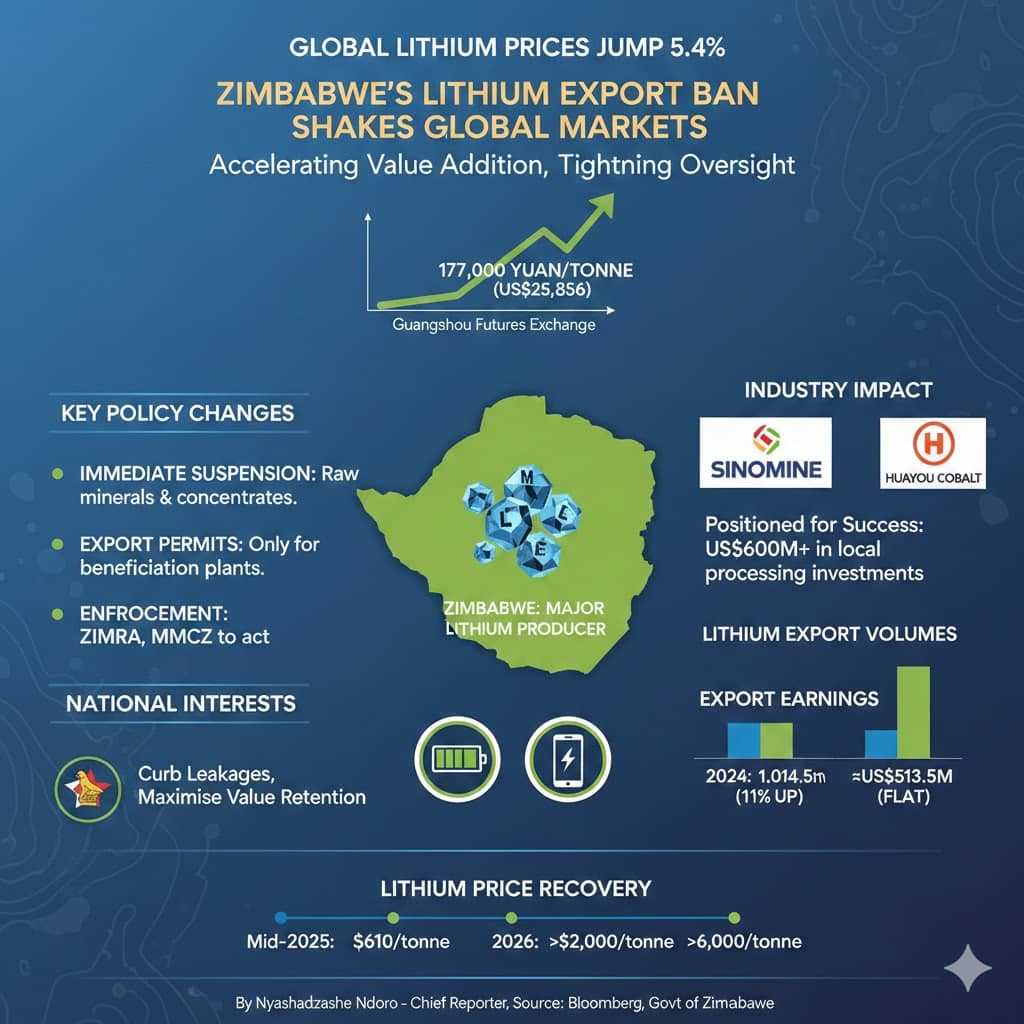
Ministry of Information, Publicity and Broadcasting Services Permanent Secretary Nick Mangwana yesterday announced that Zimbabwe has embarked on an acrylic road sealing trial in Chiredzi. “Bundu Roads is working on 20 km pilot on improving rural gravel road. They are using liquid acrylic co-polymer which allows ecapsulation of soil particles and expulsion of moisture. They say it is 1/3 cheaper than costs of tarred roads,” PS Mangwana tweeted. This means that gravel roads are compacted and then sealed, which is a simpler process than construction of standard asphalt concrete roads. According to Zimfact, 78,200km of Zimbabwe’s 98,000km road network is unsurfaced gravel and earth roads. That translates to 80 percent of the network. A more affordable option to traditional tarring solutions would certainly transform rural Zimbabwe in the next few years. Previous demonstrations of acrylic sealing for gravel roads were previously carried out by a different company in Mutoko. Confidential sources told Zim Now that those trials did not yield desired results: “We felt that we could not go ahead at that point. Those tasked to review the demonstration recommended that matters of quality and cost had to be considered carefully. At a cost of US$26 to 28 thousand per km, it was not feasible for any rural district council to embark on the project and expect meaningful development, given their annual budgets,” the source said. According to online sources, advantages of acrylic roads include:
● hollow spaces to allow ease of wiring, connecting pipes, et
cetera.
● Flexibility on engineering to meet specific requirements (e.g.
weather and wear resistance)
Related Stories
● Waste plastic can be used, saving the environment and money
● More durability as the roads have higher resistance than
standard asphalt concrete ones
● Lower repair and maintenance bills as acrylic roads do not
absorb water resulting in less rutting



















Leave Comments